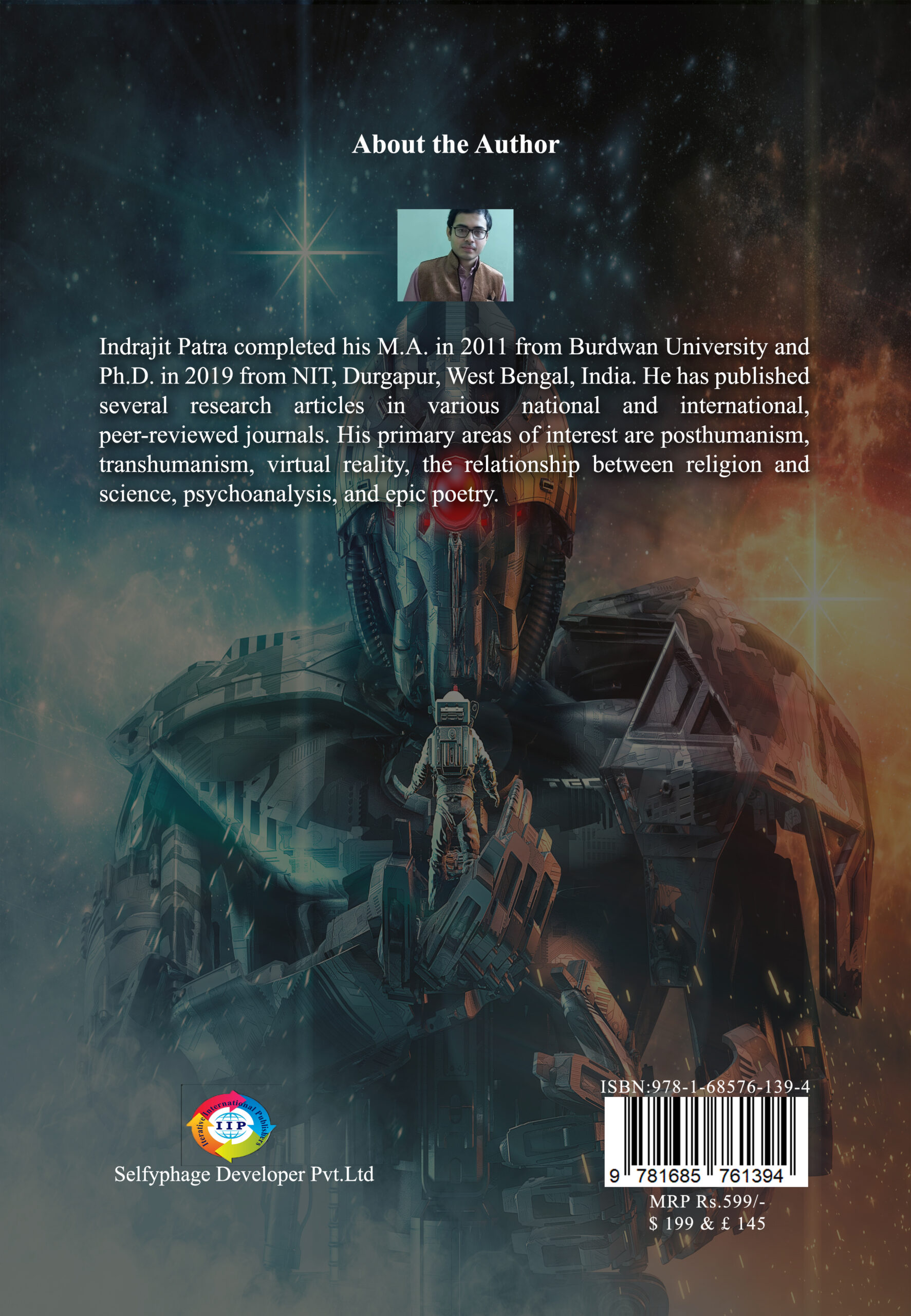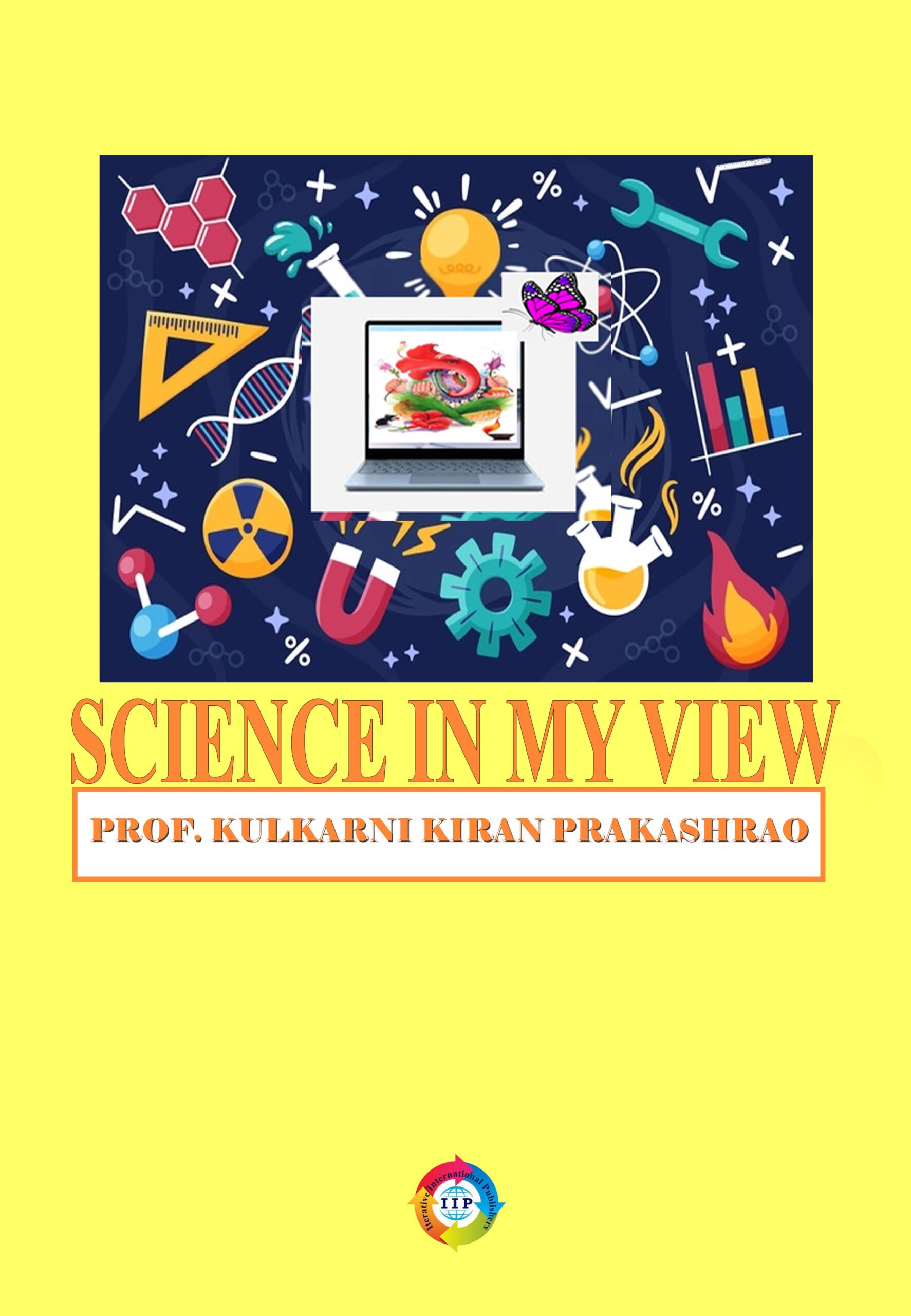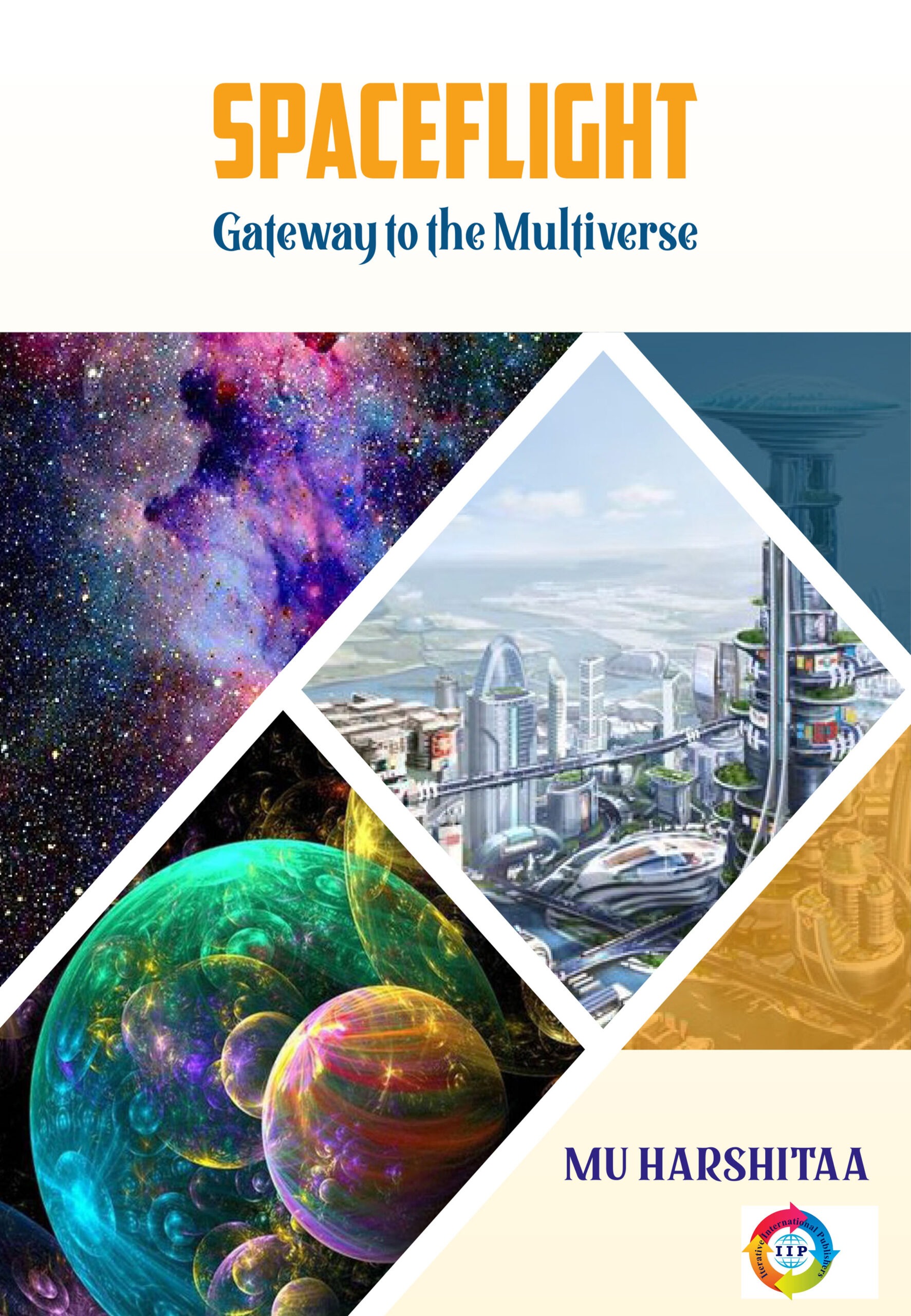The main aim of the work is to investigate how speculative fiction, broadly conceived, dramatizes the tensions between the material limitations of the body and efforts to think beyond the human subject in posthumanism and new materialism. Taking cues from various contemporary authors such as Peter F Hamilton, Kim Stanley Robinson, Ken MacLeod, Adrian Tchaikovsky, Neal Stephenson and Daniel H. Wilson, the author examines how experimentation with form serves to articulate human practices for enduring and even flourishing in our extra-human reality. The focus of the work lies in explicating the multifarious ways in which speculative texts critique the centrality of the human while remaining attentive to the lived experience of the material body as it responds to ecological, technological, and economic demands that exceed human capacities of understanding.
Despite its modest aim to investigate thought and life that operates beyond the boundaries of enlightenment humanism, the field of the critical posthumanities often employs a rhetoric of extremes that invites us to abolish, expunge, contort, challenge, and undo the category of the human entirely. Yet, this expansive model of posthuman(ist) thought is often haunted by bodies, environments, and matter that resist being tamed by intellectual abstraction. Concomitantly, the turn to new materialism takes up problems of inter-relation and ecological co-constitution, offering ethical practices for coping with threats posed by the Anthropocene. Aiming to think more expansively than anthropocentrism allows, new materialist discourse disavows the human subject as the agent of our world to describe, instead, how agency—or animacy—is distributed beyond the human. While critical posthumanism and new materialism invite us to escape the human subject via discursive abstraction and capacious imaginings, we are still left grappling with the material costs extracted/exacted upon lives and matter imbricated in systems whose scales outstrip human perception. As an increasing amount of SF reminds us, climate change, ubiquitous computing, and globalized capitalism all operate beyond human apprehension but nonetheless suffuse and subtend what we refer to as human life, leaving us to ask: How might SF help us imagine an ethics beyond the human that maintains space for human agency and accountability? How might it help us critique humanism while refusing to abdicate responsibility for human and nonhuman suffering? How might SF help us cope in a world of ever-increasing complexity, entanglement, and precarity?









Reviews
There are no reviews yet.